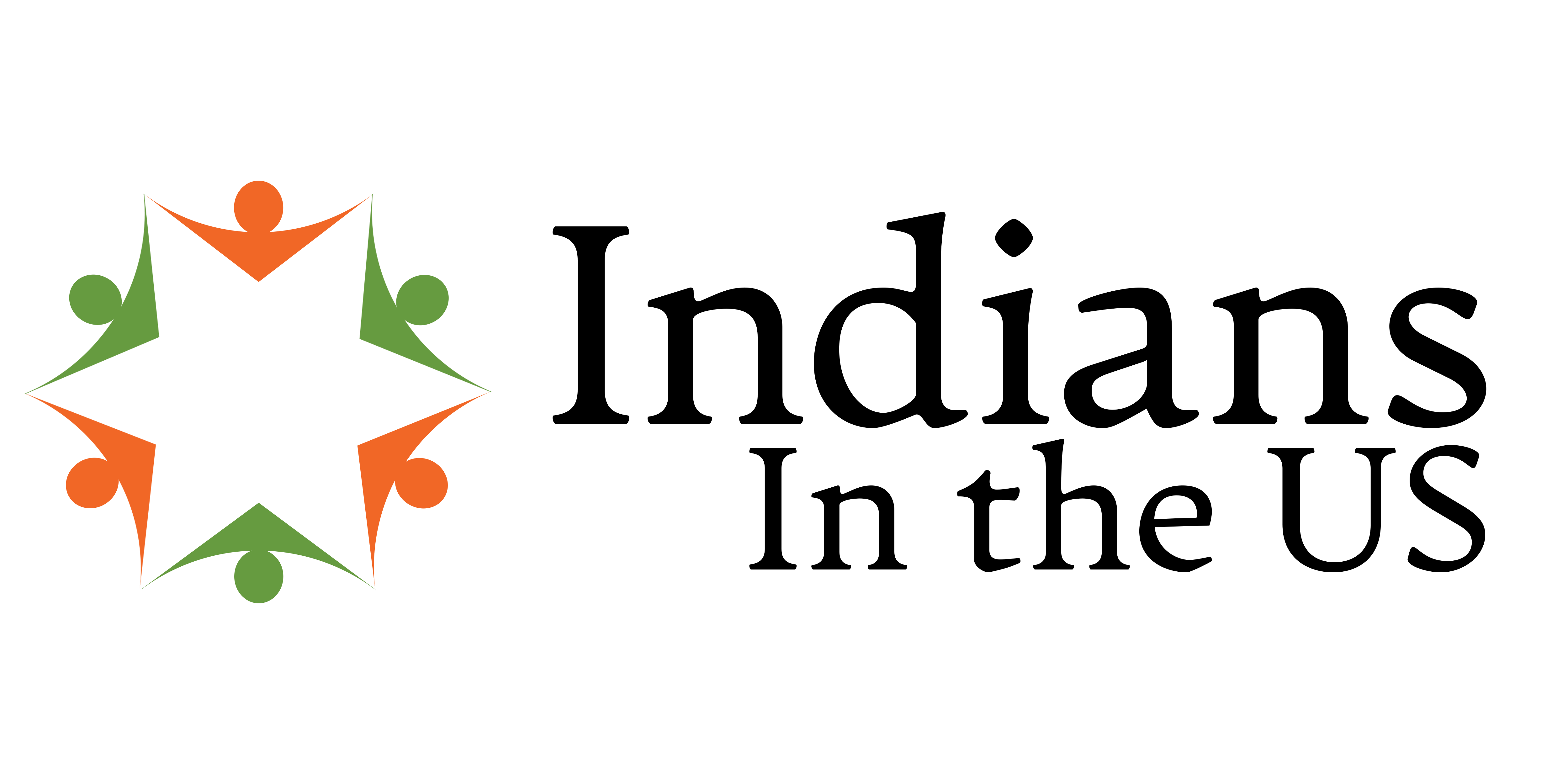In the heart of Karnataka, India, a transformative wave is sweeping through rural communities, heralding a new era where technology meets tradition, and the overlooked voices are finally being amplified. At the forefront of this movement is Karya, a groundbreaking nonprofit AI data company, reshaping the landscape of artificial intelligence (AI) data collection and offering a lifeline to those in the most remote areas. This innovative initiative is not just about harnessing technology; it’s about rewriting the rules of the digital economy to benefit those who have long been marginalized.
In Alahalli village, under the early morning shadow of a coconut palm, Chandrika demonstrates the simplicity and power of the Karya app. With each tap, her voice, speaking in Kannada, a language spoken by around 60 million in central and southern India, becomes a valuable asset in the burgeoning AI market. This market, dominated by languages abundant online like English, has struggled with languages like Kannada. The scarcity of data in these languages means AI systems are often biased or ineffective, a challenge Karya is poised to address.
Chandrika’s story is a testament to the profound impact of Karya. From having a mere 184 rupees in her bank account, she earned 2,570 rupees in just a few days of work through the app, significantly more than her monthly income as a teacher. This not only highlights the financial empowerment Karya offers but also emphasizes the critical role local languages play in the global digital economy.
Karya stands out not just for the economic opportunities it provides but for its ethical approach. Unlike traditional labor arbitrage companies that exploit the disparity between low local wages and high foreign client payments, Karya ensures that the majority of the revenue goes to the rural poor in India. This ethical model extends to giving workers de-facto ownership of the data they create, ensuring they receive proceeds whenever their data is resold, a pioneering approach in the AI data industry.
Founded in 2021 by CEO Manu Chopra, Karya emerged from a vision to address market failures through a nonprofit model. Chopra, inspired by his own journey from poverty to education at Stanford, aimed to create a platform that could lift millions out of poverty. By focusing on local languages and ensuring fair compensation, Karya is not just collecting data; it’s building a more inclusive digital world.
The significance of Karya’s work extends beyond financial benefits. It has the potential to enhance access to technology for millions whose languages are underrepresented online. Projects like the creation of AI models to understand questions about tuberculosis in Kannada showcase the real-world impact of making technology accessible in local dialects. This is crucial in a country like India, where access to reliable information can transform lives.
Karya’s model has attracted attention from major clients including Microsoft, MIT, and the Bill and Melinda Gates Foundation. These partnerships underscore the potential for ethical, high-quality AI data collection to drive social change. However, the true measure of Karya’s success lies in its ability to scale up and reach more workers, a challenge Chopra is keen to address.
As we look to the future, Karya represents a beacon of hope for a more equitable digital economy. It challenges the status quo by proving that it is possible to combine ethical practices with successful business models in the AI sector. For rural communities in Karnataka and beyond, Karya is more than just an app or a job opportunity; it’s a gateway to empowerment, inclusion, and a brighter future in the digital age.





